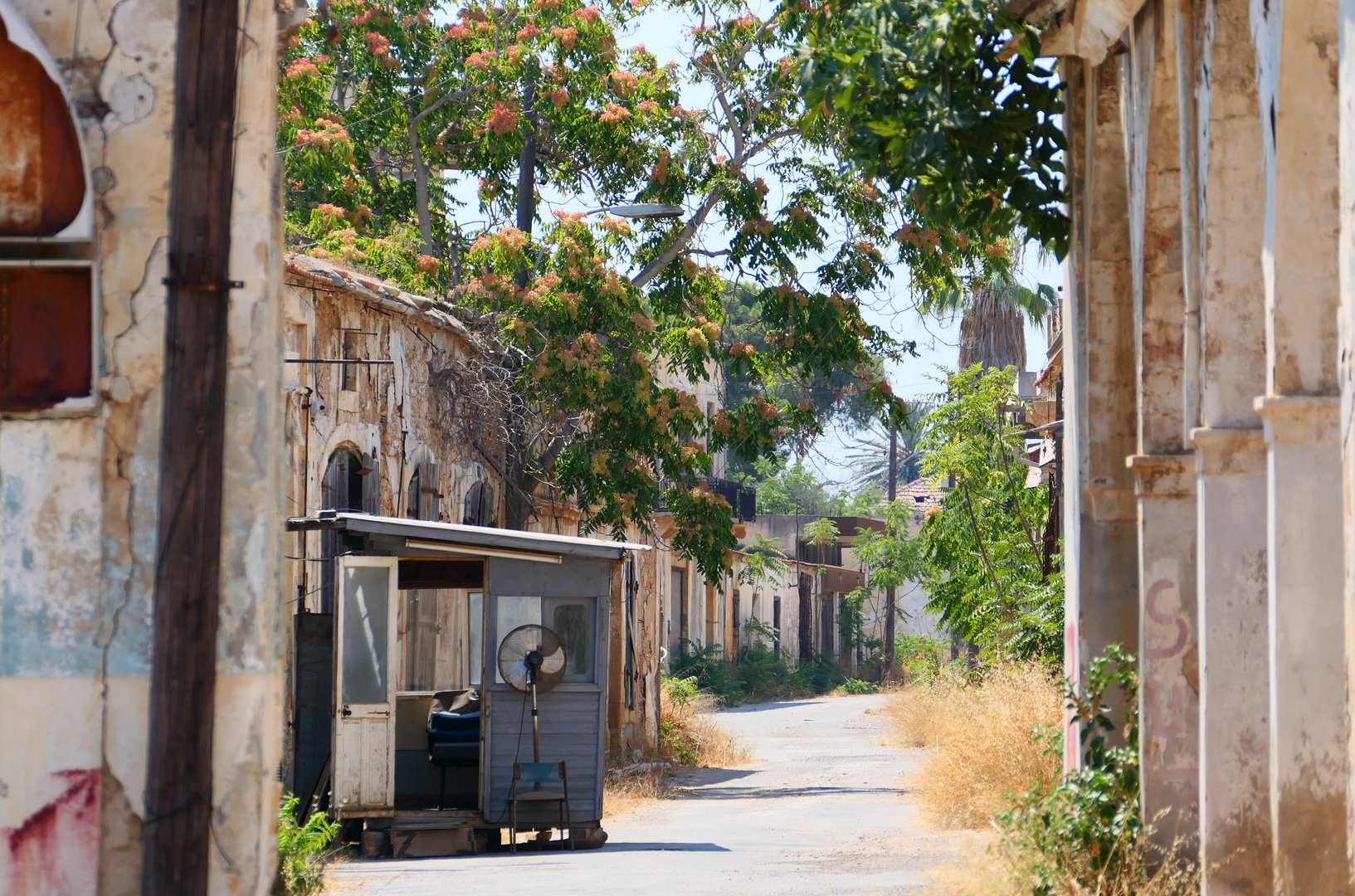Turkish Cypriot religious endowment foundation Evkaf on Monday welcomed a ruling by the Immovable Property Commission (IPC) after it was named as an interested party in a large portion of properties in Varosha.
In 2020, Evkaf submitted an application to the IPC on behalf of the Abdullah Pasha Vakıf religious endowment, which it administers, to join case 1732/2011 as an interested party.
However, the Greek Cypriot plaintiff objected to Evkaf’s involvement, resulting in litigation. After hearing the arguments for and against, the IPC agreed that Evkaf has legitimate grounds to join the case and its application was approved.
According to the foundation’s general director Ibrahim Benter, the case marks the first time a litigation was used at the IPC to enable Evkaf to join as an interested party.
“We welcome this important, reasoned decision by the IPC to recognise Evkaf’s interest in the case and to allow us to join as a party. We view this as a vital step in protecting our historic property rights in Varosha,” Benter said.
In July 2019 Benter said Evkaf had brought in experts to study all title deeds dated between 1571 and 1974, and claimed that most of Varosha belongs to Evkaf since it belongs to three vakifs: the Abdullah Pasha Foundation, the Lala Mustafa Pasha Foundation and a small part to Bilal Aga Foundation.
The Greek Cypriots claim that the former British government, as part of the independence arrangements, gave the Turkish Cypriot community a large amount of money, UK £1.5m, for complete and final settlement of all of Turkish claims, including those of the Evkaf high council, whose president was Dr Fazil Kutchuk.
They say that the British government had paid half a million pounds on August 1, 1960 in a joint account under Kutchuk and the late Turkish Cypriot leader Rauf Denktash, as part of a 1.5 million pound settlement which underlined that no claims would be made thereafter by the Turkish Cypriot community. The remaining one million was paid to the Turkish communal chamber.
The partial opening up of the fenced off town in Famagusta began in October 2020 when a number of streets were cleared and beaches upgraded.
The Turkish Cypriot side then announced last year that 3.5 per cent of Varosha, around five square kilometres, would be demilitarised and open for settlement on a pilot basis.
President Nicos Anastasiades on Saturday called the IPC “a trap”, saying that the properties claimed by Evkaf were conveniently left out of the small area “offered as bait” to Greek Cypriots through IPC.
“The decision to name Evkaf an interested party in the fenced-off areas of Famagusta confirms that this was indeed a trap,” he said.
“As this has worried the government, we have not stopped acting in every way possible to secure the rights of those covered by resolutions 550 and 789, the owners and legal residents of the fenced-off area and beyond”.
Famagusta mayor Simos Ioannou also weighed in on the reports, calling on Famagusta residents to be very cautious with the IPC, “Turkey’s way of usurping their rights and property through legal proceedings”.
The IPC was set up by Turkey in 2005 as the domestic remedy – ranging from restitution of property, to compensation to exchange – for claims relating to Greek Cypriot properties in the north and was accepted as such by the European Court of Human Rights (ECHR) in 2010.







Click here to change your cookie preferences